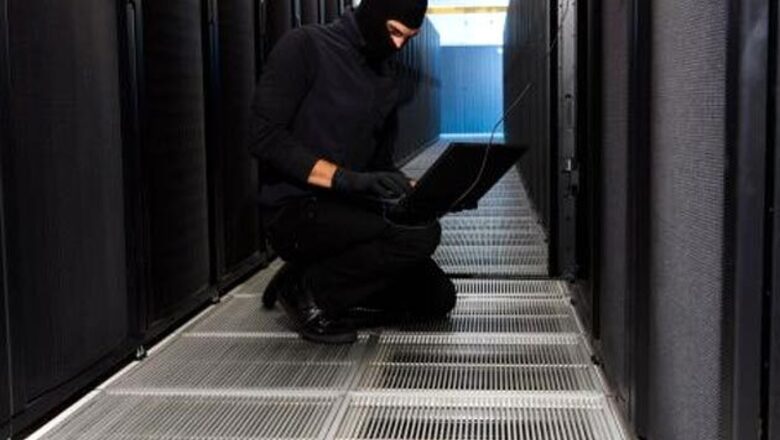
views
Mumbai: Global market for cyber security solutions may grow to USD 870 million by 2017, says research firm IDC.
Cybercriminals use thousands of networked computers (botnets) to 'jam' a website by directing excessive traffic to it, causing it to crash. Such attacks are often termed as Distributed Denial of Service (DDoS). According to IDC, there was a sharp increase in frequency, volume and orientation of such attacks on websites of leading financial firms and other organisations last year.
"As attacks surged in prevalence and sophistication, organisations were often caught unaware. Embedded capabilities were quickly overwhelmed and outages were readily apparent on the Web," IDC Vice President (Security Products and Services research) Christian Christiansen said in a statement.
This is driving the demand for proactive solutions. "The worldwide market for DDoS prevention solutions will grow by a compound annual growth rate (CAGR) of 18.2 per cent from 2012 through 2017 and reach USD 870 million," it added.
Expansion of cloud services and mobile networks could create additional targets for DDoS attacks. While firewalls, intrusion protection and other devices can mitigate low-level attacks, large volumetric attacks can be an issue as these may be unable to separate legitimate from illegitimate traffic.
According to security solutions provider Symantec, in the late 1990s, networks of zombie machines were used to knock websites offline, making them unusable for customers - often preventing e-commerce.
In 2007, Internet in Estonia was shut down due to attacks through botnet. Georgia was severely disabled by botnets in 2008.
Networks of 'zombie' computers are flourishing across the world, and India is one of the most-infected countries.
About 25 per cent of bot-infected computers in India were located in tier-II cities, according to last year's Symantec Internet Security Threat Report XVII.
While organisations need to engage with their Internet Service Provider (ISP) and invest in solutions, consumers also need to ensure that their security solution is updated to prevent such attacks, Symantec said.
















Comments
0 comment